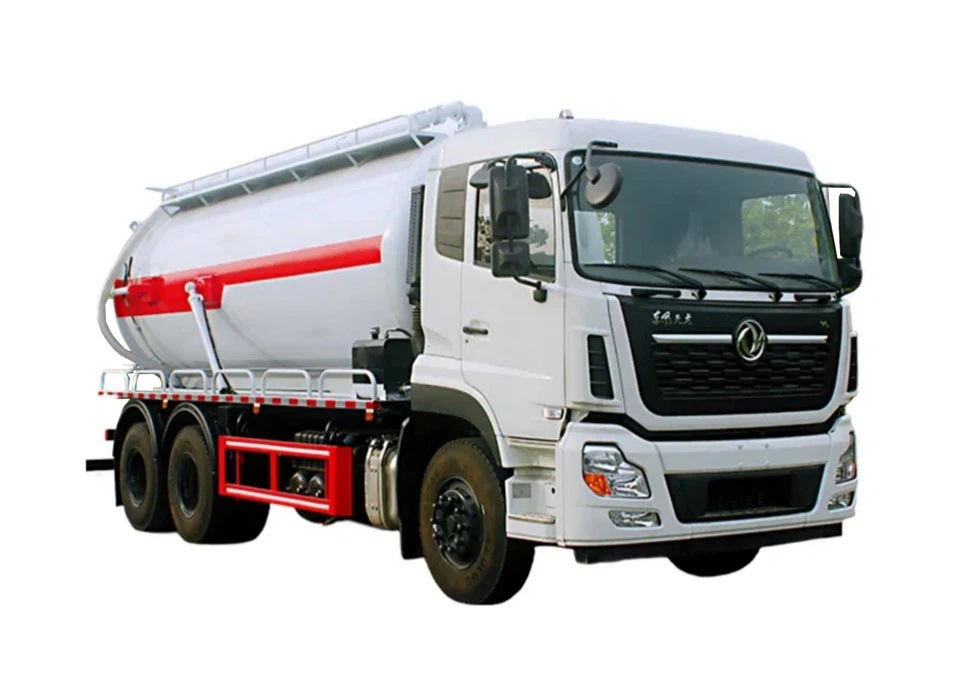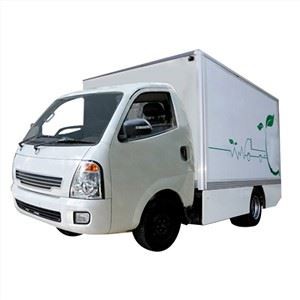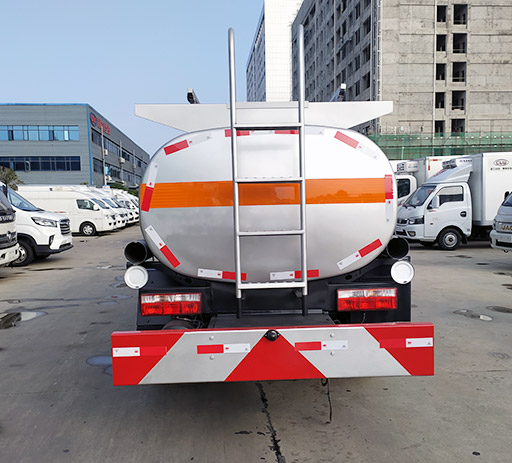Dump Truck vs. Garbage Truck: Understanding the Difference and Choosing the Right Vehicle

When it comes to heavy-duty vehicles, dump trucks and garbage trucks play vital roles in various industries, including construction, waste management, and transportation. While they might seem similar, they serve distinct purposes and have unique features. This article will explore the differences between dump trucks and garbage trucks, providing insights into their functionalities, uses, and more.
What is a Dump Truck?
A dump truck, also known as a tipper truck, is a versatile vehicle used for transporting loose materials, such as gravel, sand, dirt, or debris. Equipped with an open-box bed that tilts at the rear, it allows for easy loading and unloading of materials. Dump trucks come in various sizes and configurations, catering to different job requirements.
Types of Dump Trucks
- Standard Dump Trucks: These are the most common type, featuring a cab and a separate box for carrying loads.
- Articulated Dump Trucks: Often used off-road, they have a flexible joint between the cab and cargo bed, providing enhanced maneuverability.
- Transfer Dump Trucks: A combination truck that uses a separate trailer to carry additional loads.
- Super Dump Trucks: These trucks can carry additional weight due to their unique design and are often used for heavy construction projects.
Common Uses of Dump Trucks
Dump trucks are primarily utilized in construction, mining, and waste removal operations. Some common uses include:
- Transporting construction materials like concrete, asphalt, and steel.
- Moving debris, dirt, and rocks during excavation projects.
- Facilitating road maintenance activities.

What is a Garbage Truck?
A garbage truck, also known as a waste collection vehicle, is specifically designed for collecting and transporting municipal solid waste. Featuring a sealed container, it helps prevent leaks and odors, making it ideal for urban waste management. Garbage trucks often have specialized equipment for loading waste efficiently.
Types of Garbage Trucks
- Rear Loader Garbage Trucks: These trucks are equipped with a compaction system at the rear, allowing for easy loading of waste from the back.
- Side Loader Garbage Trucks: These vehicles have automated arms that can pick up bins from the side, offering better efficiency in residential areas.
- Front Loader Garbage Trucks: Primarily used for commercial waste collection, these trucks have forks at the front to lift waste containers.
Common Uses of Garbage Trucks
Garbage trucks are mainly used for waste management and municipal services. Some common applications include:
- Collecting household waste and recyclables.
- Transporting waste to landfills or recycling facilities.
- Providing services for commercial waste disposal.
Key Differences Between Dump Trucks and Garbage Trucks
| Feature | Dump Truck | Garbage Truck |
|---|---|---|
| Purpose | Transporting loose materials | Collecting and transporting waste |
| Design | Open-box bed with tilting capabilities | Sealed container with compaction system |
| Loading Mechanism | Manual or hydraulic lift | Automated or manual loading |
| Common Uses | Construction, mining, dumping debris | Residential and commercial waste collection |
Choosing the Right Vehicle: Dump Truck vs. Garbage Truck
When deciding between a dump truck and a garbage truck, consider the specific needs of your project. Here are some factors to evaluate:
Project Requirements
Identify the type of material you need to transport and the volume of waste or materials involved. If your project entails moving bulk loose materials, a dump truck is the appropriate choice. Conversely, for waste collection, a garbage truck is indispensable.
Operating Environment
Dump trucks are often used in rugged terrains, while garbage trucks are designed for urban environments. Evaluate where the vehicle will operate to make an informed decision.
Budget Considerations
Costs can vary significantly between dump trucks and garbage trucks. Depending on your budget, consider the purchase price, maintenance costs, and operational expenses of each vehicle.
Advantages of Dump Trucks
Versatility
Dump trucks can be used for various applications beyond construction, including landscaping and agriculture.
Efficiency in Material Transport
The design of dump trucks allows for rapid loading and unloading of materials, increasing overall productivity on job sites.
High Payload Capacity
Dump trucks can carry heavy loads, making them suitable for large construction projects and mining operations.
Advantages of Garbage Trucks
Waste Management Efficiency
Garbage trucks provide specialized equipment to streamline the waste collection process, significantly reducing collection time.
Environmental Considerations
With features that minimize leaks and odors, garbage trucks play an essential role in maintaining a clean urban environment.
Adaptability

Modern garbage trucks often come equipped with automated systems, allowing for faster and more efficient waste collection in various settings.
Practical Tips for Using Dump Trucks and Garbage Trucks
Dump Truck Tips
- Ensure the truck is loaded evenly to prevent tipping during transport.
- Conduct regular maintenance checks to keep hydraulic systems and tires in optimal condition.
- Be cautious when dumping materials, ensuring adequate space and a clear area to avoid accidents.
Garbage Truck Tips
- Always follow local waste disposal regulations and guidelines.
- Use proper safety measures and equipment when operating the loading mechanisms.
- Keep the truck clean and odor-free by regularly washing the container and compaction system.
Frequently Asked Questions (FAQs)

1. Can I use a dump truck for collecting garbage?
While it is physically possible to collect garbage with a dump truck, it is not recommended due to the lack of sealing and compaction features, which can cause odors and spills. A garbage truck is specifically designed for this purpose.
2. How often should garbage trucks be maintained?
Garbage trucks should undergo regular maintenance checks every 3 to 6 months, or more frequently if used extensively. This includes checking the hydraulic systems, engine, and compaction mechanisms.
3. What is the average cost of a dump truck?
The price of a dump truck can vary widely, ranging from $30,000 to $200,000 or more, depending on its size, brand, and features.
4. How much waste can a garbage truck hold?
The capacity of a garbage truck can range from 10 to 30 cubic yards, depending on the design. Rear loaders typically have a larger capacity compared to front loaders.
5. Are dump trucks environmentally friendly?
Dump trucks can have an impact on the environment, especially if they transport construction waste without proper disposal methods. Managing waste and recycling materials can help mitigate this impact.
6. Can I rent a dump truck or garbage truck?
Yes, many companies offer rental options for both dump trucks and garbage trucks. This is often a cost-effective solution for short-term projects.
